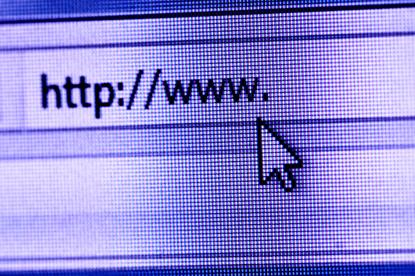New anti-pirate laws may block VPNs, Pinterest warns telco group
- 22 November, 2018 10:50

A group representing the telecommunications industry has warned that the government’s proposed expansion of Australia’s anti-piracy site-blocking laws could lead to “overblocking” and potentially limit access to virtual private networks (VPNs) and other legitimate online services.
The House of Representatives has already passed a bill that would expand the current blocking system, which already allows copyright holders to obtain Federal Court injunctions targeting overseas-based online services. The bill is currently the subject of a Senate inquiry.
Currently, blocking injunctions can force a telecommunications provider to take reasonable steps to prevent its customers from accessing a particular online service. If the new bill is passed, however, it will allow rights holders to also force search engines to remove links to piracy-associated services.
Another major change contained in the bill will affect the type of services that can be targeted, which is one of the key concerns raised by Communications Alliance. Currently, the court must be convinced that a particular service has the “primary purpose” of infringing or facilitating the infringement of copyright. The current legislation has seen a variety of types of services blocked, including illicit streaming sites, BitTorrent sites, search engines dedicated to infringing content, and index sites that link to other pirate services.
If the bill is passed, the threshold for granting a blocking injunction will be changed so that a service can also be targeted if it has the “primary effect” of infringing or facilitating infringement of copyright. The government has indicated that a key target of this change is “cyberlockers” that provide file-hosting and download services.
Communications Alliance said in a submission to the Senate inquiry that only submissions by rights holders appear to have been taken into account when the bill was formulated. The group called for “urgent consultation with all relevant stakeholders” about the primary effect test contained in the bill.
Its submission notes that the bill doesn’t spell out that the change is aimed at cyberlockers and that “the expanded test could encompass a raft of indeterminate locations, and is open to that interpretation by Rights Holders and the Court.”
The document states: “We are not aware of a precedent in copyright law for a ‘primary effect’ test, and it will raise questions including what is a primary effect, and what is the effect on. The scope of these words are entirely unknown and will depend on how the Court determines a Rights Holder application based on them.”
The changes could affect sites like Pinterest or cyberlocker services that are used by legitimate businesses, it warned.
Retrospective application
The new threshold is not the group’s only concern. It said that it was also worried that the retrospective application of the legislation’s amendments. The changes made by the bill can apply to an application to vary an existing blocking injunction, potentially allowing an existing block to be expanded to cover search engines without a full court case being heard.
Another concern is that rights holders may seek court orders forcing a service provider to proactively monitor its service to identify URLs, domains or IP addresses that could provide access to a target online location.
Groups representing rights holders are pushing hard for the Senate to pass the bill as it is currently drafted.
